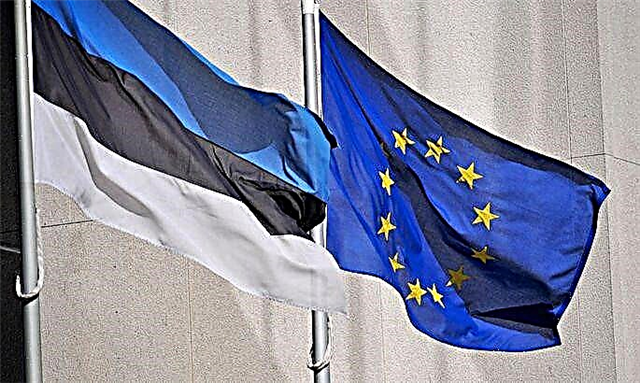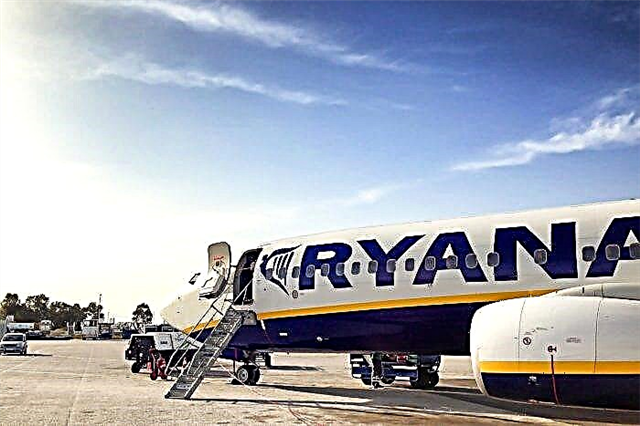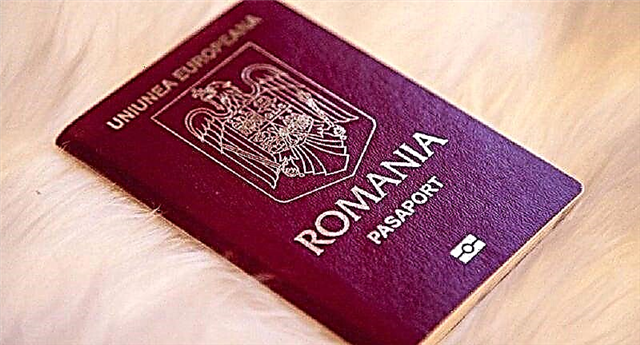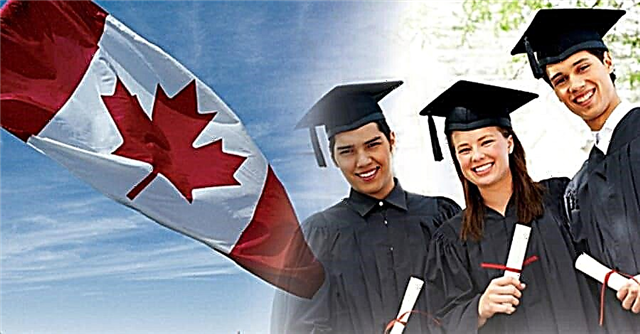Canada is one of the leaders in the world ranking of educational services. High-quality, in-demand education and reasonable prices make immigration to this country popular among Russians, Belarusians, Ukrainians, Kazakhstanis and people from other countries. An additional benefit after receiving education in Canada is the simplified procedure for obtaining citizenship.
Higher education
Graduates enter Canadian universities from the age of 18. Foreign applicants who have not reached the age of majority can enroll in public colleges with undergraduate systems.

There is no uniform teaching concept in Canada. Each region determines the educational program at the university independently. The selection takes place on a competitive basis.
Higher education levels:
- Initial with obtaining a specialist's degree (2-3 years) and a bachelor's degree (4 years);
- Master's degree;
- Doctorate.
Students take intermediate exams in the middle of the semester and final exams at the end. Grades are "a", "b", "c", "d", "e". The lowest "e" is the equivalent of the Russian "2".
There is a system of credits that are accumulated during the academic year. One credit is equal to 25 academic hours attended, during the year the student accumulates about 60 credits.
Particular attention is paid to inclusive education. Students with special needs study alongside regular students.
Education programs
The high school diploma allows you to get further education in one of the programs.
- Certificate. After a year of study at the college, a corresponding document is issued. Training provides highly specialized knowledge and skills in a particular profession. Obtaining a certificate is the shortest course of study.

You May Also Like
- Diploma. Issued by the college at the end of 2-3 years of study. Obtaining a diploma provides for the development of a wide range of theoretical knowledge and practical skills in the chosen profession.
- Advanced level of qualifications. Assumes the passage of a workshop as part of a training course or an additional semester. The program is longer - from 4 to 6 semesters (2-3 years), at the end the student receives an advanced diploma.
- Bachelor's degree. A university qualification awarded to a student upon completion of a 4-year course of study. Undergraduate programs are offered by both universities and colleges.

- Postgraduate education. After receiving a bachelor's degree, you can master post-higher education. The program is designed for 1-2 years and provides for the improvement of existing professional knowledge and experience, as well as retraining.
- Master's degree. It is mastered after successful completion of the bachelor's degree. Designed for 1-2 years. Education in a master's program involves a scientific degree and often involves obtaining a preliminary post-graduate education.

- Doctorate. The training is based on research activities throughout the course of study and writing a dissertation at the end. The course lasts from 4 to 7 years. Canada is doing the latest research, so the government is interested in young, ambitious scientists.
Conditions for admission
It is possible to enter a Canadian educational institution only with a good command of English or French.
Prospective students take an exam with a points system:
- The result in English must be within from 580 - 600 points (TOEFL level), or from 6.0 - 7.0 points (IELTS level);
- French language proficiency must be at the level DALF DELF.
- An additional condition for underage applicants is the presence of a guardian in Canada. After the 9th grade, pre-university training is provided, you can complete the 10th, 11th and 12th grade of the school curriculum.
List of required documents, including for Russians and citizens of other CIS countries
Upon admission to an educational institution, the applicant must provide the following list of documents:
- Characteristics from school from teachers of the last year of study;
- Diploma, certificate of obtaining complete secondary education;
- Certificate of passing the exam in knowledge of English or French; i>
- Canadian visa for residence.
Tuition fees in 2021
You May Also Like
Education in Canada is on average cheaper than in neighboring America or Europe, but more expensive than in Russia, Kazakhstan and other CIS countries. How much will it cost to study for foreigners depends on:
The chosen course (composition, intensity and duration, accommodation and meals, availability of additional programs);
The location of the educational institution.
Each university establishes the payment system independently. The most expensive education can be obtained in large cities such as Toronto and Montreal (Universities of Toronto and McGill), and more budgetary education can be found in smaller cities such as Duncan. Education in private educational institutions will be more expensive than in public ones. Private, as a rule, more prestigious and closed.
For foreigners, the tuition fee starts from 14,000 dollars, that is how much it costs to study in the undergraduate system. Liberal arts are cheaper than technical and medical majors. Master's programs are more expensive and can reach $ 42,000 a year.
Is it possible to get education for free
Education in Canada begins with preschool. It is optional. Secondary education (grades 1 to 12) is compulsory for everyone and free for Canadian citizens and the following categories of foreigners:
- Those who have a residence permit;
- Whose parents are in Canada on a work visa;
- Whose parents are in the country on a student visa;
- Refugee children.
For other categories of foreigners, secondary education will be paid. Higher education in Canada is paid for everyone - both citizens of the country and foreigners. An exception may be the receipt of a grant issued by the state for the training of a foreign student.

Scholarships and grants for foreigners (pros and cons)
The Institute of Education of Canada includes an extensive system of financial support for international students. Each student can apply and queue for a government scholarship.
There are the following types of government financial support for students.
Banting Postdoctoral Fellowships (Banting Postdoctoral Fellowship). The Bunting Scholarship is awarded to graduate students who are successful in the natural sciences, humanities, and engineering sciences and those pursuing medical research. The basis for obtaining is the significance of the research project and the contribution to the development of science and society. The payout is C $ 140,000 per year... The scholarship covers most of the tuition fees, so applicants are selected especially carefully.
Vanier Canada Graduate Scholarships (Wannier scholarship). It is received annually by 167 students of postgraduate programs. The payout is 50,000 Canadian dollars per year and is paid over three years. Applicants are assessed for personality, academic success, and research potential.
Grants and scholarships are paid not only from the government. Provincial payments are provided for successful and gifted young scientists.
There are two types of payments in Ontario:
- Ontario Trillium Scholarship;
- Ontario Graduate Scholarship.
Advanced research is supported by independent foundations and organizations. Among them are the Trudeau and Ford foundations. Foundation scholarships are intended for those who already have higher education and wish to continue their scientific activities.
It is worth remembering:
- Receives a scholarship to 1 out of 40 students;
- The scholarship covers 25-50 % training costs;
- The preparation of documents for a scholarship application must begin 12 months in advance.
Features for internship and study exchange programs
Internship and exchange programs make the learning process interesting and effective.
The internships are aimed at increasing knowledge and gaining practical experience. Programs are paid for, and are especially in demand among senior students and novice specialists.
The exchange involves the improvement of language skills and familiarity with the cultural environment of the country. The program is suitable for students of all courses.
Accommodation and meals for students
Completely free accommodation and meals for students are not provided. The following options are available:
- Campus on the territory of the university, an analogue of a student hostel in Russia;
- Rental apartment;
- Accommodation with a Canadian family.
The most budgetary option is living on campus, the most expensive is a rented apartment. Accommodation on campus will cost the student from 3,000 to 7,000 Canadian dollars per year, family arrangement will cost up to 1000 Canadian dollars per month... This amount includes food, accommodation, room cleaning. The cost of a rented apartment will depend on the region and city.

Distance learning is offered to students wishing to save on accommodation. Similar programs in Canada account for approximately 20%... Students can virtually listen to lectures and take exams.
Top universities in the country
1. McGill University (McGill University). The university located in Montreal is famous for its high level of teaching natural and engineering sciences, promising medical research, and a strong research base. 80% students are Canadian citizens. The whole university accommodates 30,000 students.
2. University of Toronto (University of Toronto). The University's programs are renowned in disciplines such as anatomy, health care, physiology, geography and sports. The university has a ten-story library. In addition to training, the university has a developed system of organizing student leisure, which includes about 40 teams in various sports.
3. University of British Columbia (University of British Columbia). Students are offered a wide range of programs, the strongest of which are in the fields of mining, mining, geography and sports. 20% students are foreigners. On the territory of the university there is a Plant Research Center and its own botanical garden, there are more than 200 interest clubs for students.
Reviews about studies
Zemfira: Long thought about admission, doubted. Now I am completely happy with my choice. Studying in Canada made it possible to perfectly learn English and get used to the local environment. Next year I will continue my studies. Canada is a tolerant country that treats foreigners well and creates all the conditions for learning. It is very comfortable for Russian students to study here.
Kristina: Studying at the prestigious George Brown College allowed him to master the profession of an economist. For the summer, I easily managed to get a job at one of the major financial exchanges. Academic progress made it possible to successfully submit documents for a scholarship.
Studying in Canada is an investment in future life success. A prestigious diploma and excellent knowledge of English and French will make a specialist valuable anywhere in the world.











